Metaphysical practices, when combined with evidence-based counseling, offer a powerful approach to mental health by providing diverse tools for managing stress, enhancing self-awareness, and fostering well-being. Here’s how this integrative approach positively impacts mental health:
1. Stress Reduction and Relaxation
- Mindfulness and Meditation: Proven in evidence-based therapy, mindfulness and meditation reduce stress by encouraging present-moment awareness and enhancing emotional regulation. Regular practice can reduce anxiety and improve mental clarity.
- Breathwork: In both counseling and metaphysical sessions, controlled breathing activates the parasympathetic nervous system, which lowers stress hormones, fostering calm and relaxation.
2. Emotional Healing and Resilience
- Energy Healing (e.g., Reiki): Energy work complements counseling by helping release emotional blockages and promote emotional well-being. When used alongside evidence-based therapy, it can support resilience and healing.
- Crystal Therapy: Certain crystals are thought to support emotional balance and relieve anxiety, creating a calming effect that can enhance traditional mental health practices.
3. Enhanced Self-Awareness and Insight
- Therapeutic Journaling: Encouraged in counseling, journaling helps individuals process their thoughts and emotions, enhancing self-awareness. When paired with metaphysical practices like tarot or oracle cards, journaling can further deepen personal insights.
- **Tarot and Oracle Cards**: These tools can aid self-reflection, encouraging individuals to explore their challenges, goals, and mental patterns with new perspective, which can complement insights from therapy.
4. Spiritual Connection and Purpose
- Spiritual Practices: Evidence suggests that a sense of purpose and connection can improve mental health. Spiritual rituals or beliefs offer solace and meaning, especially helpful during stressful times.
- Community and Support: Whether through group therapy or metaphysical classes, having a supportive community provides social support, connection, and a sense of belonging, all crucial for mental well-being.
5. Mental Clarity and Focus
- Visualization and Guided Imagery: Used in therapeutic settings, visualization promotes mental clarity, focus, and stress reduction. This technique, alongside metaphysical practices, can help individuals visualize their goals and align their thoughts.
- Affirmations and Cognitive Restructuring: Counseling often includes rephrasing negative thought patterns, similar to affirmations. Repeating positive statements can shift perspectives and foster an optimistic outlook.
6. Personal Empowerment and Growth
- Manifestation and Goal Setting: Counseling encourages goal setting as a way to build self-confidence. Manifestation practices similarly support motivation, self-esteem, and personal empowerment.
- Rituals and Ceremonies: Practicing rituals to mark growth or release negativity offers structure and focus, often reinforcing themes explored in therapy and aiding mental health.
7. Holistic Well-Being
- Integrative Approaches: Evidence-based counseling can be enhanced by holistic metaphysical practices, creating an approach that nurtures the mind, body, and spirit.
- Lifestyle Changes: Practices like yoga, meditation, and mindfulness inspire healthier lifestyle choices, which counseling can reinforce, leading to improvements in sleep, diet, and exercise—all of which support mental health.
Conclusion
While metaphysical practices should not replace conventional mental health treatments, combining these approaches with evidence-based counseling offers a well-rounded path to emotional resilience and personal growth. With guidance from healthcare professionals, this integrative approach can be a valuable tool in achieving overall mental well-being.
